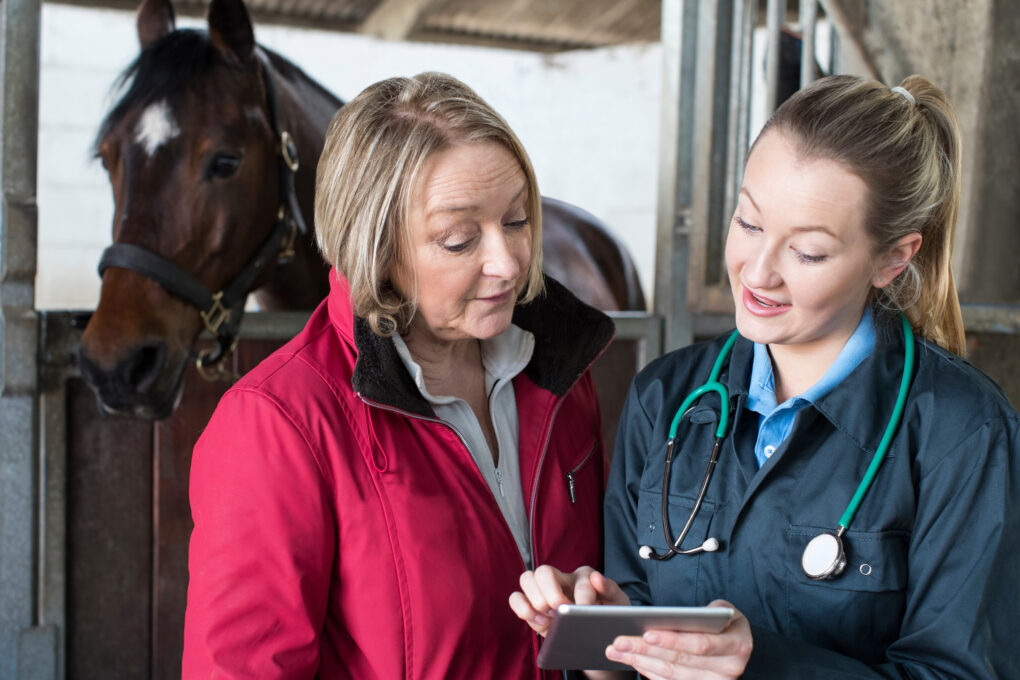Author(s): Zwicklbauer, K., Krentz, D., Bergmann, M., Felten, S., Krentz, D., Dorsch, R., Fischer, A., ofmann-Lehmann, R., Meli, M.L., Spiri, A.M., Alberer, M., Kolberg, L., Matiasek, K., Zablotski, Y., Von Both, U. and Hartmann, K.
Published in: Journal of Feline Medicine and Surgery
Date: August 2023
DOI: https://doi.org/10.1177/1098612X231183250
Type of access: Open access
(click for full article)
Our summary
Zwicklbauer, K. et al. (2023) Long-term follow-up of cats in complete remission after treatment of feline infectious peritonitis with oral GS-441524. Journal of Feline Medicine and Surgery, 25 (8).
The aim of this prospective study, which was a follow up to a previous study in which cats with feline infectious peritonitis (FIP) were treated with GS-441524, was to evaluate the clinical outcomes and laboratory and virological parameters in the first year after treatment.
In the earlier study 18 cats with confirmed FIP were in complete remission after 12 weeks of treatment with antiviral drug Xraphconn (Mutian), containing GS-441524. Cats with neurological/ocular signs received a dose of 10 mg/kg and cats without these signs received a dose of 5 mg/kg.
For this study the cats were followed for up to a year with examinations at week 12, 24 and 36 from the end of treatment. Follow up included physical examination, neurological examination, ultrasound, haematology, serum biochemistry, feline coronavirus ribonucleic acid (FCoV RNA) loads in blood and faeces and anti-FCoV antibody titres.
One cat was lost to follow up at week 24 and a further three at the 36-week point. 12 of the remaining 14 cats stayed in good health with the physical, clinical and laboratory examination parameters being within reference intervals. Two cats showed signs compatible with feline hyperaesthesia syndrome, in weeks 36 and 48, respectively though FCoV RNA remained undetectable in blood and faeces and there was no increase in anti-FCoV antibody titres, and the signs resolved. A total of 12 cats showed abdominal lymphadenomegaly during the follow-up period: four of them continuously during the treatment and follow-up period.
Blood examinations detected FCoV RNA in one cat. Recurrence of faecal FCoV shedding was detected in five cats. Anti-FCoV antibodies in serum were still present in 18/18, 14/15 and 13/14 cats at week 12, 24 and 36, respectively. In four cats, a short-term rise in anti-FCoV antibody titres was detected.
Limitations of the study are that complete follow-up examinations were not available for all cats, that the actual concentration of the active ingredient GS-441524 each cat received in the previous study was uncertain and that the follow-up only lasted for nine months from the end of treatment.
Take home
This study showed that treatment with GS-441524 was effective against FIP in this group of cats in both the short term and for 36 weeks after treatment. These results will be of interest to veterinary practitioners when discussing treatment options with owners of cats with feline infectious peritonitis
Previous study
Krentz, D. et al. (2021) Curing cats with feline infectious peritonitis with an oral multi-component drug containing GS-441524. Viruses, 13 (11), no. 2228. https://doi.org/10.3390/v13112228
The following may also be of interest
inFOCUS: Update on feline infectious peritonitis [RCVS Knowledge] [online] Available from: https://infocus.rcvsknowledge.org/fip-update-on-feline-infectious-peritonitis/ [Accessed 22 October 2023]
Nekouei, O. et al. (2022) Potential therapeutic effects of GS-441524 and GC376 in cats with feline infectious peritonitis. Veterinary Evidence, 7 (1). https://doi.org/10.18849/ve.v7i1.522.
Next steps

Receive journal watch by email
